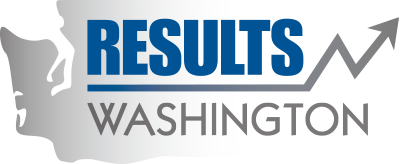Archived: Agricultural best management practices (BMPs)
Clean water is important for shellfish growth and harvest. Agricultural activities may impact this resource by contributing nutrients and pathogens. Best Management Practices (BMP's) are projects landowners can put in place to reduce and eliminate pollution to waters. These BMP's may include fencing to keep livestock away from streams, manure management facilities to properly handle waste, and improved management of field runoff.
Conservation districts (CD's) work with landowners in a voluntary, incentive-based approach to encourage and assist them with appropriate practices and management techniques. CD's in the twelve Puget Sound counties and Pacific and Grays Harbor counties implement, on average, approximately 420 BMP's each year. The number of practices varies each year depending on the funding available. CD's and the Conservation Commission leverage state funds to bring more federal, state, and local funds to support BMP implementation. Every $1 of state funding provided to the Conservation Commission leverages $4 of other funds.
- Future BMP work will explore opportunities for more focused implementation to target specific resource concerns in a watershed to achieve measurable natural resource improvements.
- The Conservation Commission and conservation districts are expanding their outreach to other organizations to engage with other partners to expand the reach and scope of BMP opportunities. These partner include tribes, non-governmental organizations, commodity and local groups.
- Because BMP's are most successful when implemented voluntarily by landowners, we are seeking new and creative ways we can enhance the incentive for landowners to engage.
More information on the incentive BMP programs available can be found at the Conservation Commission's website: www.scc.wa.gov
You can also find your local conservation district here: http://scc.wa.gov/contacts/conservation-districts/
Reported by: State Conservation Commission, Ron Shultz, (360) 407-7507
